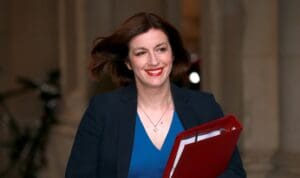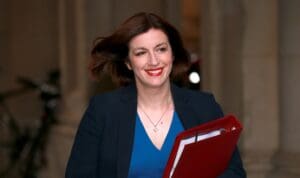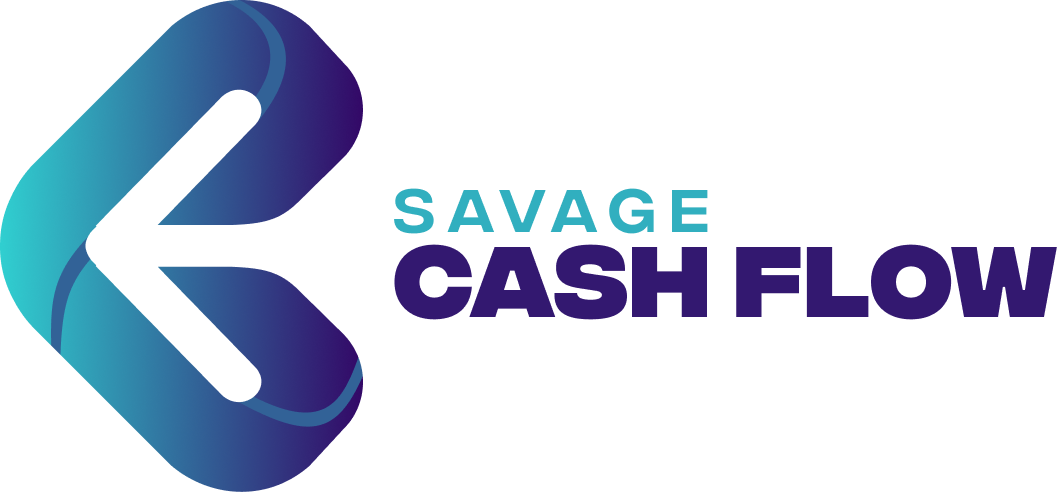
Labour says middle classes back 20% vat on private school fees

Middle-class parents have welcomed the government’s move to introduce a 20 per cent VAT charge on private school fees, according to education secretary Bridget Phillipson.
Speaking ahead of the policy’s launch this Wednesday, Phillipson says that many families are “priced out” of independent education by rising costs, and now want a stronger state system instead.
With some boarding schools charging more than £50,000 a year, and the average private school fee now standing at £18,000, Phillipson argues that “pushy middle-class parents” can no longer meet the expense. This, she claims, supports Labour’s position that ending tax breaks for private schools will generate an estimated £460 million in 2024–25—rising to £1.7 billion by 2029–30—funding 6,500 new state teachers and additional mental health support for pupils.
Despite concerns from private schools, whose fees have risen by 75 per cent in real terms since 2000, officials at the Department for Education (DfE) forecast that the VAT uplift will reduce private school enrolment by just 6 per cent, with most of those pupils transferring to state education. Phillipson dismisses warnings of widespread closures as “scaremongering”, noting that state schools recently accommodated significant numbers of pupils from Ukraine and Hong Kong “with no adverse outcomes”.
Private institutions are responding in different ways. Some, including Eton and Westminster School, are passing on the full 20 per cent charge to parents, while others, such as Queen Ethelburga’s near York, are limiting fee rises to 3 per cent. Schools are technically able to reclaim VAT on items such as capital projects and educational supplies, leaving their net VAT liability at around 15 per cent. Phillipson says many have “no good reason” to impose the full hike on parents.
The Independent Schools Council argues that the levy, alongside increased employer national insurance and the loss of charitable business rate relief, leaves schools in an “extremely challenging position”. Carrdus School in Oxfordshire, for example, will close next July, citing these compounding financial pressures. Yet Phillipson insists the new funding stream is key to strengthening the UK’s state schools—representing, she says, a “badge of honour” if it raises standards for children across the country.
Read more:
Labour says middle classes back 20% vat on private school fees
